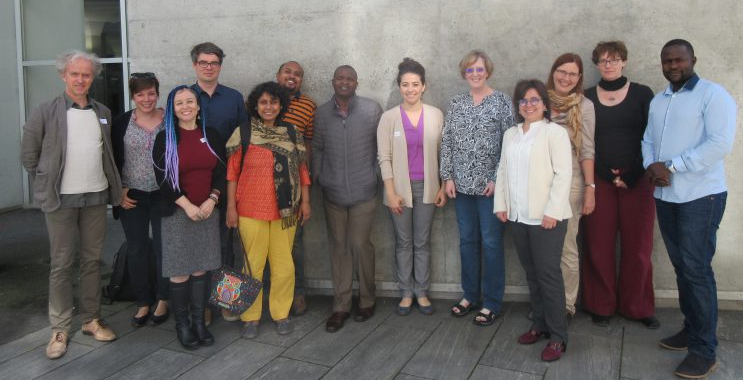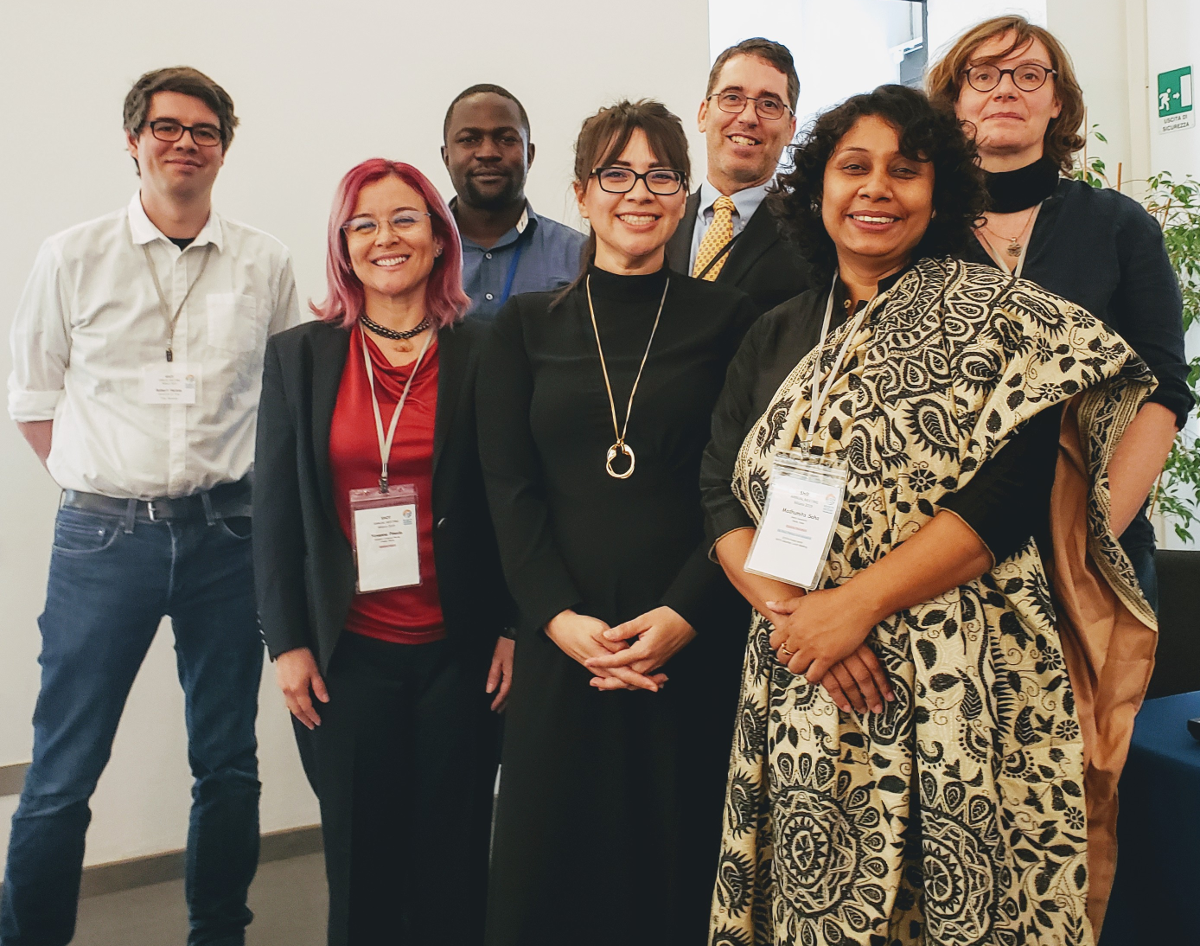
Race, Gender, and Power in the History of Users of Global Technology
Christiane Berth (University of Costa Rica), Yovanna Pineda (University of Central Florida), Jethron Ayumbah Akallah (Maseno University), Robert Heinze (University of Trier), Alan Meyer (Auburn University), Suzanne Moon (University of Oklahoma), Diana Montaño (Washington University-St. Louis), Sonia Robles (Universidad Panamericana), Madhumita Saha (Amity Institute of Social Science), and Mikael Wolfe (Stanford University)

Never passive recipients of modern technology, local users of the Global South obtained outside technology and not only developed the skills to employ it but also devised improvements and new uses for it. That is, in addition to acquiring practical knowledge and skills in repair and maintenance, local users made tangible, physical adaptations to the machinery and systems that they sought. While much of this process was informal and centered on practical, everyday problems, it was dynamic enough that users could, over time, produce technologies strikingly different from the original; hence, creating new technology.

In this international research group, we explore how users re-create perceptions and cultural norms about the use, design, and re-development of old and new technologies. We also examine access to new technology, which was not always equitable or equally distributed. In Asia, Africa, and Latin America, regulations for integrating machinery into the daily lives of communities relied upon notions of race, gender, and education to establish who would enjoy the privilege of access to newly introduced technology. This new technology could become a source of empowerment for a community or individual, but the explicit and implicit rules governing it could exacerbate the social divide between the already privileged and nonprivileged.